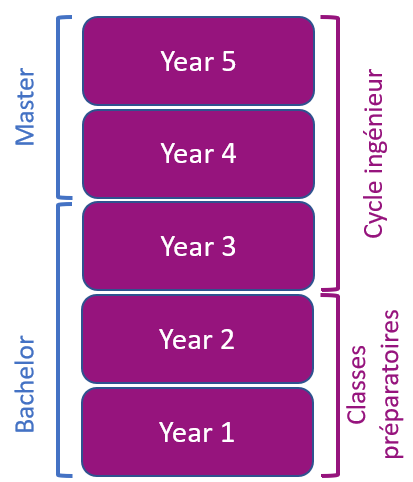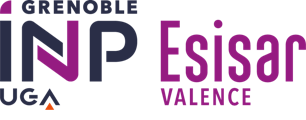Number of hours
- Lectures 18.0
- Projects -
- Tutorials 6.0
- Internship -
- Laboratory works 18.0
ECTS
ECTS 0.0
Goal(s)
This course reviews the past and present results in the area of decentralized control of complex dynamical systems. Elements from control theory and optimization are merged in order to provide useful tools which will be further applied to various problems involving multi-agent dynamical systems and interconnected systems in general.
An emphasis is laid on centralized vs distributed vs decentralized approaches, decomposition, information structure constraints, the stabilization and the tracking performances of each agent, robustness. The presented theory answers the fundamental questions of how to break down a given control problem into manageable subproblems which are only weakly related to each other and can be solved independently.
The tools the students will acquire during the course in optimization-based control (via distributed/hierarchical approaches) will be used for some application benchmarks like control and coordination of multiple (aerial, aquatic) drones, energy management in DC microgrid systems and water distribution networks.
Ionela PRODAN
Content(s)
1 An optimization-based approach for control of complex systems
1.1 Introduction to the control of complex systems
1.2 Optimization-based control
1.3 Generic prediction models
1.4 Generation of a reference trajectory/profile
1.5 Set-theoretic elements
1.6 Mixed-integer representations in control design
2 Challenges in decentralized control
2.1 Decentralization
2.2 Decomposition
2.3 Coupling constraints
2.4 Information exchange
3 Cooperative control of multi-agent dynamical systems
3.1 System description
3.2 Collision avoidance formulation
3.3 Area coverage for multi-agent systems in multi-obstacle environment
3.4 A tight configuration of multi-agent formation
3.5 Centralized MPC
3.6 Distributed MPC
3.7 Decentralized MPC
4 Stability and robustness analysis
4.1. Stability ingredients
4.2. Tube MPC introduction
5 Examples, simulations, benchmarks and applications
5.1 Flight control experiments of Unmanned Aerial Vehicles (UAVs)
5.2 Connectivity maintenance for Unmanned Surface Vehicles (USVs)
5.3 Hierarchical control for DC microgrid energy management
5.4 Decentralized supervision and control of water networks
The course is intended for master students in applied science with a major in control. A basic knowledge in control theory (state-space representation) and Matlab/Python/C programming are required.
This module will also give some insights on the research field and will provide direction for students who want to start a PhD thesis.
N1= 30%xTP + 70%xFinalExam
N2= 100%FinalExam
Nconf = 100% FinalExam
FinalExam = Oral examination
The exam is given in english only 
The course exists in the following branches:
- Curriculum - - Semester 9 (this course is given in english only
 )
) - Curriculum - EIS - Semester 9 (this course is given in english only
 )
) - Curriculum - EIS (Apprenticeship) - Semester 9 (this course is given in english only
 )
)
Course ID : 5AMAC555
Course language(s): 
The course is attached to the following structures:
You can find this course among all other courses.
[1] J.S. Shamma (2007): Cooperative control of distributed multi-agent systems, Wiley Online Library.
[2] J. B. Rawlings and D. Q. Mayne (2009): Model predictive control: theory and design, Nob Hill Pub., Madison, WI, USA.
[3] J. M. Maestre and R.R. Negenborn (2014): Distributed predictive control made easy, Springer.
[4] F. Bullo, J. Cortés, S. Martinez (2009): Distributed Control of Robotic Networks: A Mathematical Approach to Motion Coordination Algorithms: A Mathematical Approach to Motion Coordination Algorithms, Princeton University Press.
[5] M. Farina, G. Ferrari-Trecate, R. Scattolini (2013): Plug-and-Play Decentralized Model Predictive Control for Linear Systems, IEEE Transactions on Automatic Control, vol. 58(10), pp. 2608-2614.
What is a grande école ?
French engineering curriculum





